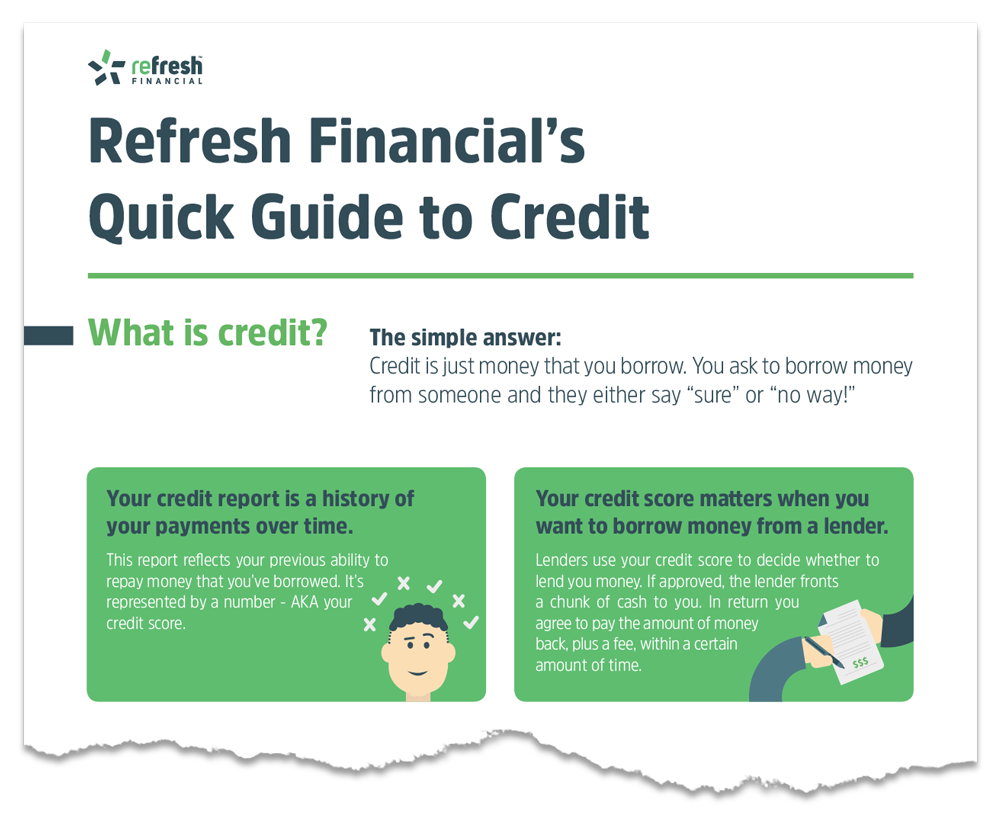What Happens To Your Pay When Your Workplace Goes On Strike

Going on strike can cause you and your family serious financial strains. Refresh Financial’s Credit Builder Program helps build your credit with every payment you make. Once you have good credit, you will find it easier to get the loans and approvals you need.
***
Strikes only impact unions
You don’t really need to worry about strikes if you’re not a member of a union. If you are, though, strikes are a thing that can and do happen and you need to know what to expect if your workplace goes on strike.
Unions are a good thing, even though they bring with them the risk of workplace action. Unions organize all the workers at your place of work and, instead of each of you negotiating one-on-one with management regarding things like pay, benefits, hours, etc, the union does it for you. Seen as a collective front when dealing with employers, unions have much more success in their negotiations than individuals do. If you are a member of a union, the chances are high that your union negotiated for the pay you have, the benefits you have, and the job perks you have. Unions are worker-centered and operate for your benefit. Sometimes, though, it can be hard to feel that way when they’ve decided to take action and walk out. Not only does your employer lose money, but you won’t be getting paid for those missed hours either.
So what happens to your income when you go on strike?
Well, to put it bluntly, it stops. It stops until the strike is called off, that is. As long as you are away from your workplace for while your union is on strike, you will not be paid by your employer.
Now, for many of you working hard at credit building, this can be a scary thing. It's very difficult to continue to learn how to rebuild credit when your income source has dried up.
Before you lose any sleep over that, it’s important to note that most union members on strike will not go without having their basic financial needs met. Many unions have “strike funds” or “war funds” into which union members pay their dues. Depending on which union you belong to, you may get a specific strike pay amount per day or per week, or you could simply be allotted emergency funds based on need. Strike pay can be quite low compared to your regular pay with some unions paying between $200-$300 per week. For those at home counting, that’s just $800 - $1200 per month.
That's not enough to continue on with your credit building efforts, though is it?
This is one of the many reasons we endorse the idea of having an emergency fund saved. With an emergency fund, you can keep up with your credit building while on strike. You can continue to learn how to rebuild credit. If you want to start your emergency fund, now, you can do so with a secured savings loan - these will help you save an emergency fund and work on your credit building at the same time!
In the event of a strike, your employee benefits will continue, so if you have an extended healthcare plan through work, you can still make use of it during a strike. You will not be hung out to dry, but the possibility of a strike for union members is one of the best reasons you should be saving an emergency fund. Union members have a right to feel secure in their jobs so long as they’re performing their duties, but losing your job is not the only reason to have an emergency fund.
In 2010, the longest strike in Canadian history ended, after a year of picketing. A year with nothing but strike pay. Can you get through a year with just strike pay? Would you survive, financially, a year of just getting paid $800/month? Would you be able to continue learning how to rebuild credit on this sort of income? Probably not.
The thing is though, we need unions. We are much more effective in groups when we open negotiations with our employers, and even if you are a union member who’s had to go on strike before, you still have likely walked away with more in your pocket in the long run, just because your union works for you. If you are protected by a union, you’re one of the lucky ones. But strikes can and do happen, and are just another reason to start saving your money, now.
*********************************
Are you concerned or confused about your credit?
Check out our visual Guide to Credit to learn exactly what it is, and how you can increase your score! Click the image below to enlarge!






Leave a Reply